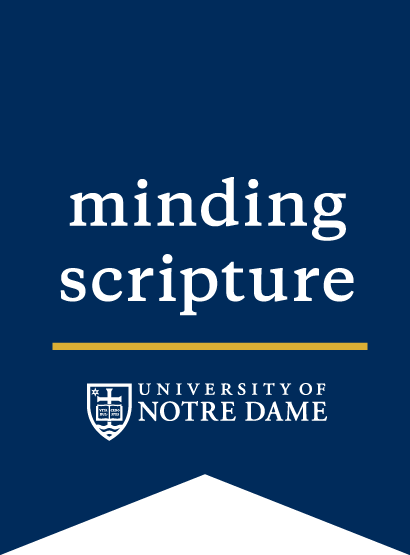Show Notes
What importance do developments in critical scholarship on the Qur’an have for the life of faith? How have Muslims traditionally understood the Qur’an? What were the nineteenth- and twentieth-century beginnings of Western critical scholarship on the Qur’an, and what are its motivating questions today? Where do Western critical scholarship and traditional reading of the Qur’an converge? Do the findings of Western critical scholarship fundamentally challenge traditional Muslim understandings of the Qur’an, and how, more generally, does critical study of the Qur’an affect Muslims’ lives of faith?
Muslims believe that the Qur’an is the divine word of God, sent down in its linguistic form, word for word in Arabic, to the prophet Muhammad through the angel Gabriel. The Qur’an is inscribed on tablets preserved in heaven. That’s why non-Arabic translations of the Qur’an often say, “an interpretation of the Holy Qur’an” or “a rendering of the words of the Holy Qur’an,” but not “a translation;” for Muslims, once the Qur’an moves out of Arabic, it’s no longer the Qur’an. Muslim scholars have understood Muhammad’s role in the transmission of the Qur’an sometimes more passively, and sometimes more actively. On some understandings, the Qur’an is something like Christianity’s view of Jesus–a (linguistic) embodiment of the divine word.
Although Western scholars have studied the Qur’an since the twelfth century (in Latin translations), critical scholarship has a modern stamp. One point of convergence between critical scholarship and traditional Muslim understandings is the view that the Qur’an can be divided into a Meccan and Medinan period–though critical scholars and traditional views often differ on which passages belong to which period. Modern critical scholarship has often asked what the sources of the Qur’an might be, from the Hebrew Bible, New Testament, and apocryphal Christian texts, to Arabian sources and other informants. A continuing difference is critical scholarship’s treating Muhammad as an author of the Qur’an, with his own sources and psychology, whereas the traditional view sees God as the word-for-word author. These approaches have met with dismissive, as well as appreciative, reactions from Muslim scholars, who have increasingly (especially from the second half of the twentieth century) begun to respond to and participate in the critical endeavor.
Our hosts suggest that, although there are some tensions between critical study of the Qur’an and traditional Muslim views of the Qur’an, critical study is fully compatible with the Qur’an’s own strong encouragement of critical thought. Just as Biblical faith is made sounder, stronger, and more thoughtful by critical Biblical scholarship, so too with critical study of the Qur’an.
Further Reading
Muhammad Mustafa Al-Azami, The History of the Qur’anic Text, UK Islamic Academy, 2003
Richard Bell, Introduction to the Qur’an, 1953
Abraham Geiger, Judaism and Islam, 1896
Toshihiko Izutsu, God and Man in the Qur’an, 1980
Theodor Nöldeke, The History of the Qur’an, 1860Fazlur Rahman, Major Themes of the Qur’an, University of Chicago Press, 2009
Gabriel Said Reynolds, The Emergence of Islam, Fortress Press, 2012Gabriel Said Reynolds, The Qur’an and the Bible, Yale University Press, 2018Gabriel Said Reynolds, Allah: God in the Qur’an, Yale University Press, 2020Mun’im Sirry, Scriptural Polemics: The Qur’an and Other Religions, Oxford University Press, 2014Mun’im Sirry, New Trends in Qur’anic Studies: Text, Context, and Interpretation, Lockwood Press, 2019Abdolkarim Soroush, Reason, Freedom, and Democracy in Islam, Oxford University Press, 2002John Wansborough, Qur’anic Studies: Sources and Methods of Scriptural Interpretation, Prometheus, 1977
IMAGE CREDIT: Minding Scripture Podcast, 2020.
